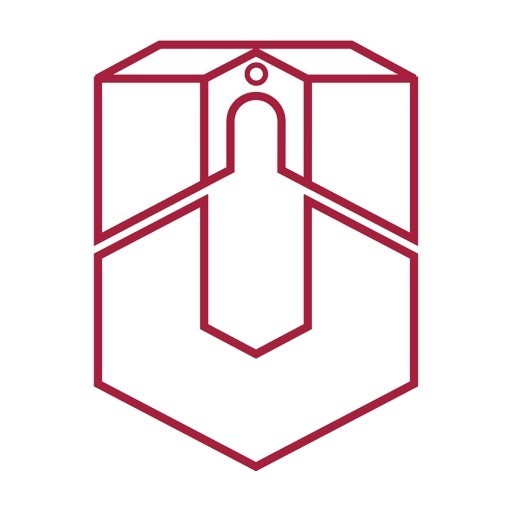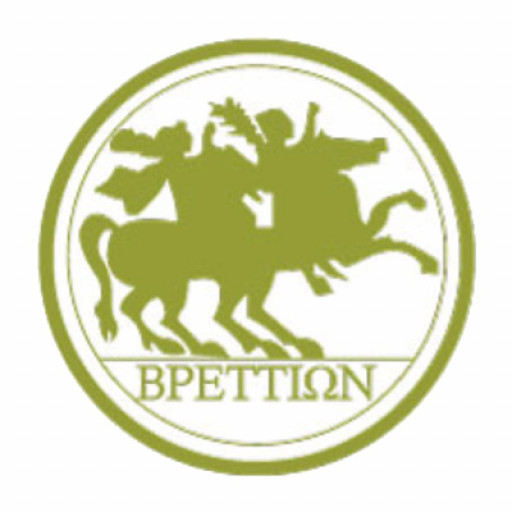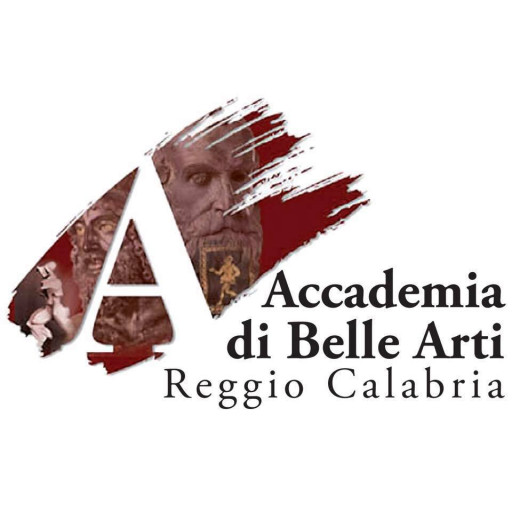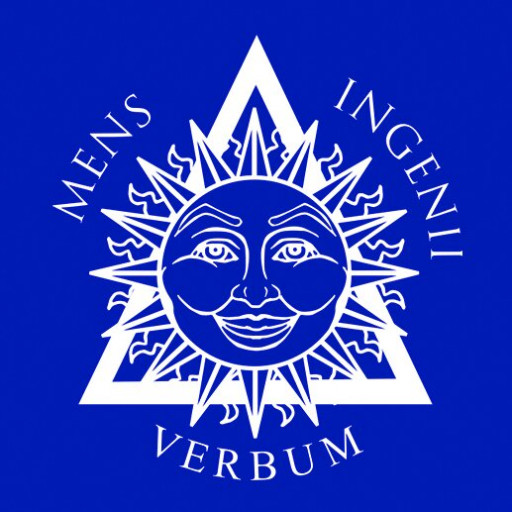Photos of university / #uniosnabrueck
The Bachelor's programme is designed to provide a sound foundation in the core areas of cognitive science:
Particular emphasis is placed on the methods employed in these fields and on their interdisciplinary relationships. Students will acquire empirical skills, analytical skills and also engineering skills. Beyond this, students are introduced to more advanced topics in their selected areas of study.
- Artificial intelligence (e.g. algorithms, mathematical foundations, logic, knowledge representation, planning, multi-agent systems)
- Neuroinformatics and robotics (e.g. machine learning, reinforcement learning, autonomous robots)
- Cognitive psychology (e.g. methods of empirical research, text comprehension, personality systems, human-computer interaction)
- Neuroscience (e.g. visual attention, sensory-motor representation, computer simulation, optical imaging, EEG)
- Computational linguistics (e.g. syntax and the lexicon, context-dependence, semantics-pragmatics interface, quantitative linguistics, human language processing)
- Philosophy of cognition (e.g. mind reading, emergence, phenomenal consciousness, emotions, philosophy of psychoanalysis)
Particular emphasis is placed on the methods employed in these fields and on their interdisciplinary relationships. Students will acquire empirical skills, analytical skills and also engineering skills. Beyond this, students are introduced to more advanced topics in their selected areas of study.
Educational organisation
The Bachelor's programme comprises 180 ECTS credits (including thesis) spread over six semesters, one of which (preferably the fifth semester) must be spent at a foreign university. The programme is completed with a Bachelor's thesis (15 ECTS credits). The courses are documented in German and English in accordance with ECTS.Mentoring: every student is assigned a lecturer who guides the student through the whole study programme, offering advice on all questions concerning his/her studies.
Tutorials: most undergraduate courses are supported by tutorials held by senior students under the guidance of the lecturer. This provides assistance to newcomers and promotes cooperation between students.
Study abroad unit(s)
Students of the Bachelor's programme will spend one semester at one of our partner universities. The Osnabrück cognitive science programme cooperates with over thirty cognitive science programmes all over the world. To name only a few:- Rutgers University, New Jersey, USA
- University of Trento/Rovereto, Italy
- University of Edinburgh, Scotland
- University of Bahia, Brazil
- New Bulgarian University, Sofia, Bulgaria
- University of Nancy 2, France
- Lund University, Sweden
- University College Dublin, Ireland
Internships
NoneForms of assessment
Examination requirements for Bachelor's degrees are mainly documented by continuous assessment (as opposed to final examinations).The Bachelor's thesis may be written in the context of one of our research groups. Topics range from basic theoretical questions to practical applications. Outstanding theses will be published in the IKW's publication series PICS.
Course objectives
Students of cognitive science acquire interdisciplinary know-how which enables them to deal effectively with complex tasks. They develop the analytical skills required for the investigation of given problems, and learn to design, conduct and evaluate experiments to collect relevant empirical data. They learn to structure obtained knowledge analytically and empirically, to formalise it, to model it on the computer and to produce constructive software solutions. They are taught to apply these skills in all areas that require modelling aspects of cognitive behaviour, such as perception, learning, knowledge representation and language.Language requirements
Students are required to have a good command of German and English from the beginning of their studies in order to understand lectures, participate in discussions and take examinations. Proficiency in English is to be proved through a passed IELTS exam (with at least 5.5 points) or by equivalent certificates of qualification. Written confirmation of eight years of English at school with an average mark of at least 3.0 according to the German marking system (or an equivalent mark) from the two final school years also suffices to meet the requirements.Proficiency in German is to be proved by TestDaF (at least 12 points) or equivalent certificates of qualification.
Required DSH / TestDaF
YesAcademic requirements
Applicants must have a German "Abitur" or an equivalent foreign certificate providing the right of entry to higher education. Satisfactory grades in mathematics at secondary school level are required.Courses and exams acquired at a different university may be accredited on the basis of ECTS.
Students are required to have a good command of German and English from the beginning of their studies in order to understand lectures, participate in discussions and take examinations. Proficiency in English is to be proved through a passed IELTS exam (with at least 5.5 points) or by equivalent certificates of qualification. Written confirmation of eight years of English at school with an average mark of at least 3.0 according to the German marking system (or an equivalent mark) from the two final school years also suffices to meet the requirements.
Proficiency in German is to be proved by TestDaF (at least 12 points) or equivalent certificates of qualification.
Enrolment fees
Students have to pay an enrolment fee of approx. 330 EUR. For students receiving a scholarship from a German funding organisation, enrolment fees are reduced.Students must provide proof of health insurance upon registration.
Costs of living
The costs of living for students are currently estimated at a minimum of 670 EUR per month.Job opportunities
Students may be employed as student assistants.Arrival support
At the beginning of each semester, the International Office offers all new international students a pick-up service and an orientation week ("Welcome Week") which enables new students to complete all official formalities, to become acquainted with the city and university, and to get to know other international and German students.Services and support for international students
Mentoring: every student is assigned to a lecturer who guides the student through the whole study programme, offering advice on all questions concerning his/her studies.Tutorials: most undergraduate courses are supported by tutorials held by senior students under the guidance of the lecturer. This provides assistance to newcomers and promotes cooperation between students.
The intercultural mentoring programme at Osnabrück University ("imos") provides new international students with social and subject-specific support by a fellow student and an academic staff member.
In addition, an international cultural programme ("JOIN-OS") offers several day trips to cities in the region as well as visits to the theatre, Christmas dinner, etc.










